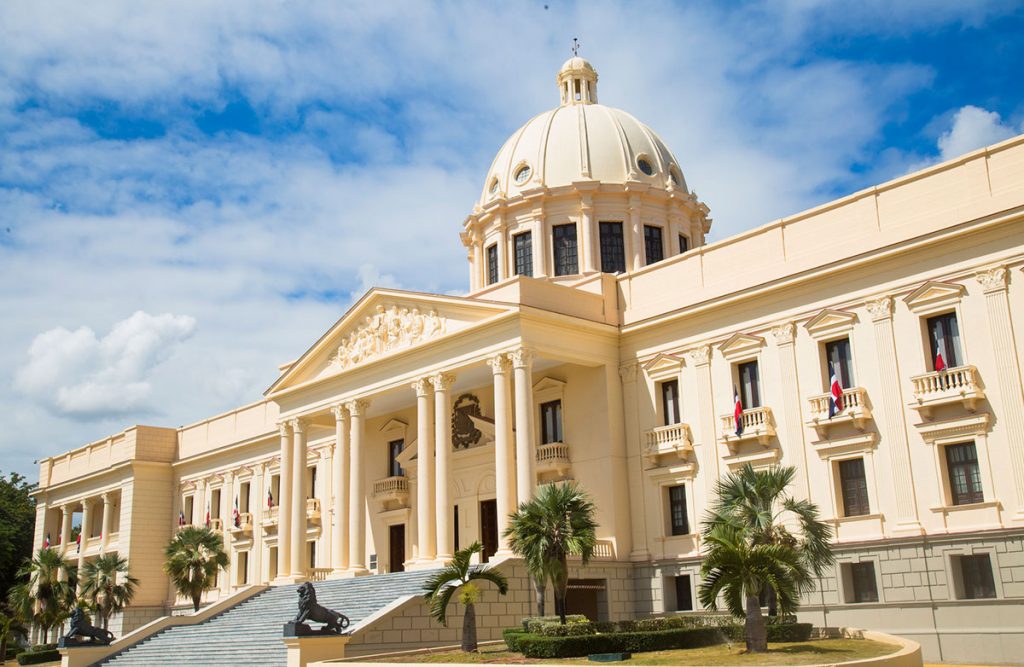
President Luis Abinader signed the Law on Cassation Appeals 2-23. The law regulates the cassation procedure to hear appeals in civil, commercial, labor, real estate, administrative and tax litigation. It is a law applicable to the entire national territory and will enter into force after its publication, according to the legal deadlines set forth in the law, with the exceptions provided for judgments rendered before enactment.
Cassation allows the Supreme Court of Justice to censure decisions that do not conform with the rules of law.
In the Dominican Republic, cassation procedures were previously governed by Laws 3726 of 1953 and 491-08 of 2008, now repealed by the new legal norm.
The new law has a procedure where the processing of the appeal does not stop due to the inactivity of the parties, so that the incidences of exclusions and expiration of the appeal disappear.
The holding of a hearing is limited to exceptional cases to be determined by the Court itself.
Other provisions of the new law address procedural issues before the sending jurisdiction, i.e., when the Supreme Court of Justice accepts the appeals filed before it and determines that the matter be heard again before a jurisdictional body with the same hierarchy as the one that issued the appealed and annulled judgment.
Likewise, the enacted law establishes the particular procedure before the Assembly Chambers of the Court of Cassation, sets deadlines for the court to issue its rulings, eliminates the suspensive effect of the appeal, except in cases determined by law, and creates the possibility of requesting the provisional suspension of the execution of the sentence.
The aim of cassation is to preserve legal uniformity, to steer the development of law and to safeguard legal protection. Cassation is a check on the quality of contested judgments given by the courts of appeal regarding the application of law and its legal reasoning.
Read more in Spanish:
Presidency
El Dia
18 January 2023

